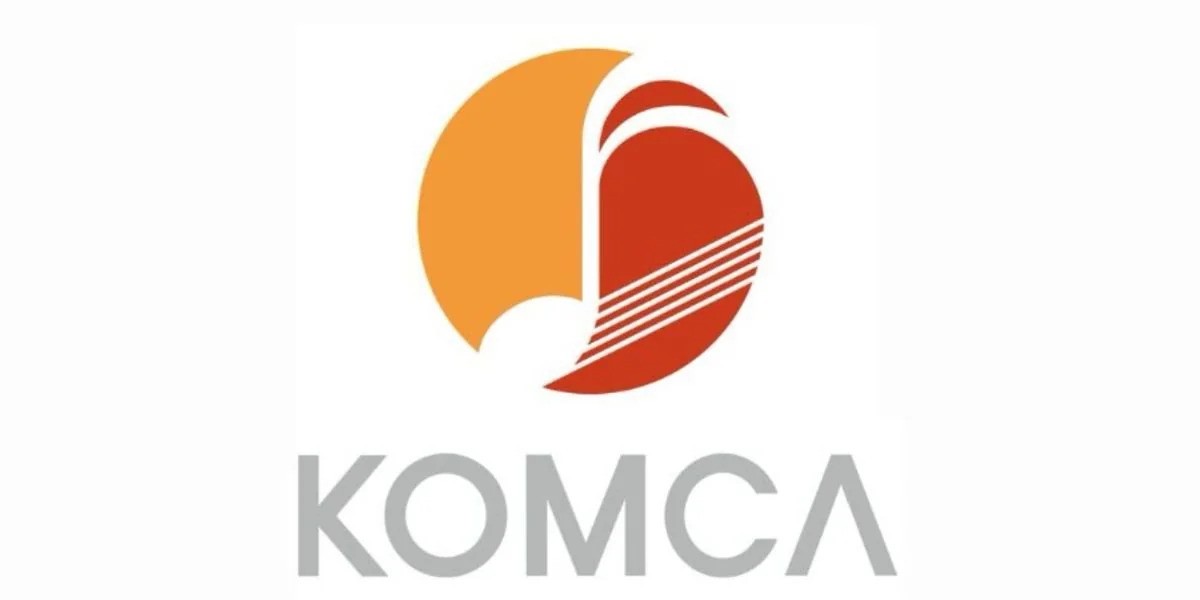Korean collection agency halts registration of AI-utilising musical works
KOMCA has told its members that songs using AI cannot be registered and earn royalties with the organisation.
The Korean Music Copyright Association (KOMCA) has recently announced that it will not accept the registration of songs or compositions created with the assistance of AI. This means that any piece of music where AI has played a role in its creation cannot be registered with KOMCA, and consequently, will not be eligible to earn royalties. This decision comes at a time when there is much debate around copyright policies and AI usage in the music industry.
In a notice to its members, KOMCA stated, “As clear legal standards and management guidelines for AI-utilising music have not been established,” leading the organisation to suspend the registration of such works. While members can “submit a report of the work,” the actual “registration of the work will be withheld,” rendering it ineligible for royalties.
The use of AI in music creation has sparked considerable debate regarding copyright protection. In some countries, like the United States, the Copyright Office has indicated that AI-assisted works can enjoy copyright protection. However, the distinction between AI-assisted and AI-generated works remains a grey area. The US Copyright Office has noted that merely providing prompts to a generative AI model does not qualify a work as AI-assisted (due to a lack of meaningful human involvement); such works would be considered AI-generated and may not receive copyright protection.
KOMCA has chosen to adopt a clear-cut approach by stating that any use of AI in the creation of a song or composition categorises it as “AI-utilising music,” which cannot be registered. The organisation emphasised that AI must have made a “zero percent contribution” for a work to be eligible for registration.
Members are required to self-declare that no AI was involved in their creations when submitting them to KOMCA. They will bear “legal responsibility for any civil and criminal disputes” arising from false declarations. KOMCA also reserves the right to request “materials necessary for verification” and warns that “if AI utilisation is confirmed later, measures such as payment suspension and work deletion may be taken according to KOMCA policies.”
The organisation stated that this policy will remain in place while “legal standards for AI music have not been established.” However, it intimated that KOMCA would continue to develop its policies and approach to the use of AI in music as technology and laws evolve.
As far as musicians and artists are concerned, this decision underpins the importance of understanding the tools and technologies used in music creation. While AI can offer innovative avenues for creativity, it’s crucial to be aware of the potential implications on copyright and royalty eligibility. As the legal landscape around AI in music is still forming, staying informed and cautious is to be advised.
Learn all about copyright and monetising your music with RouteNote right here.
